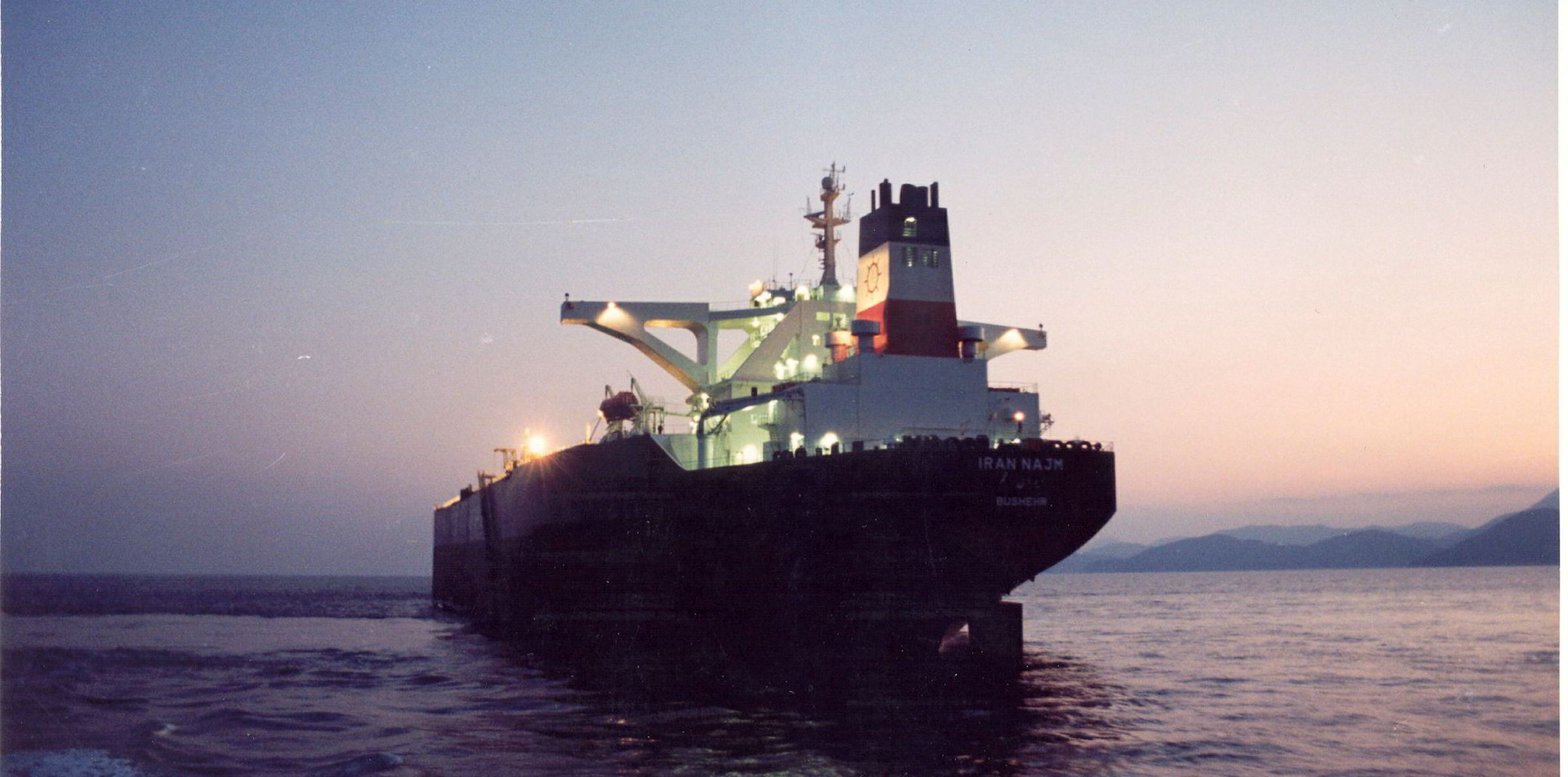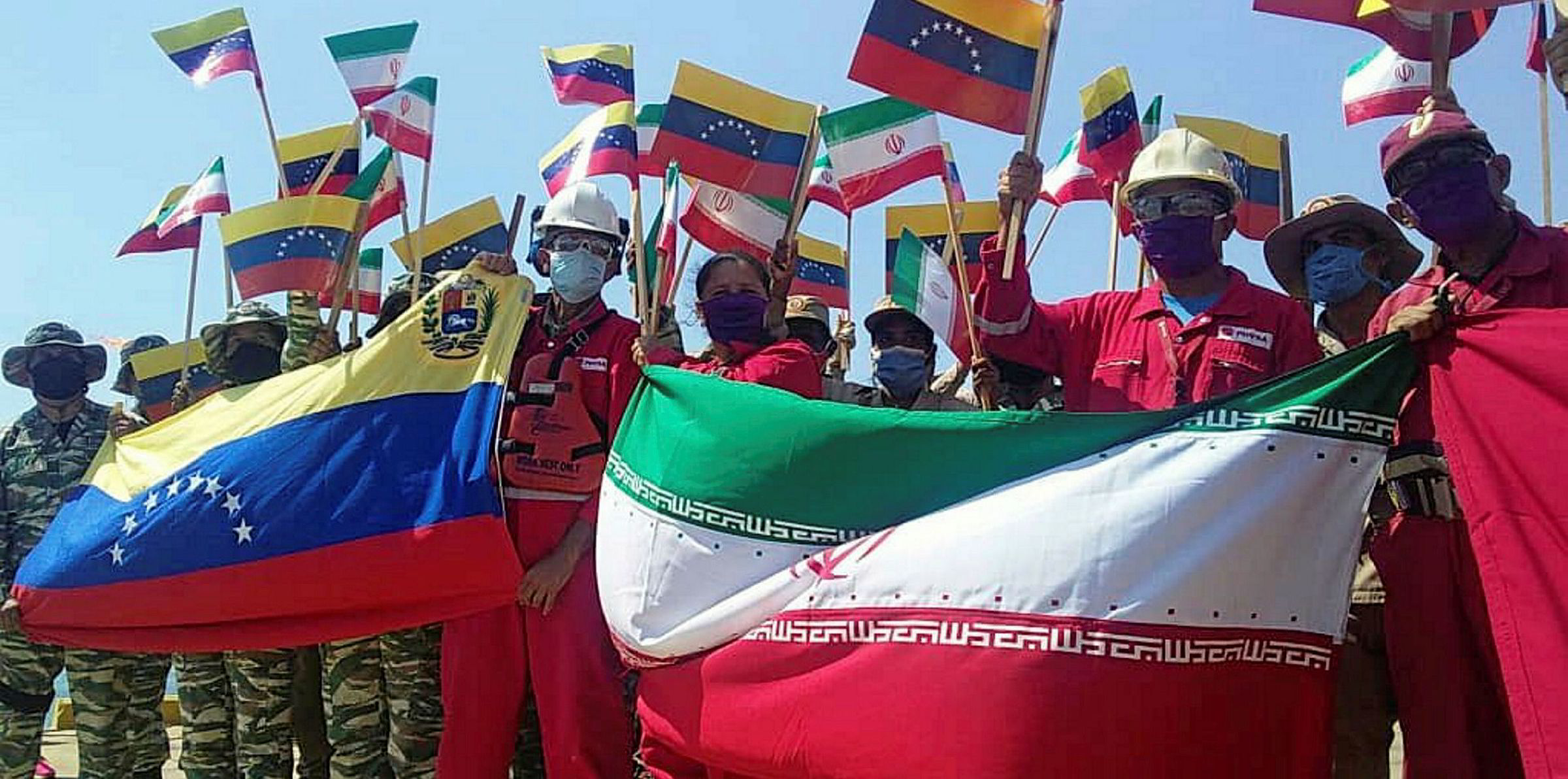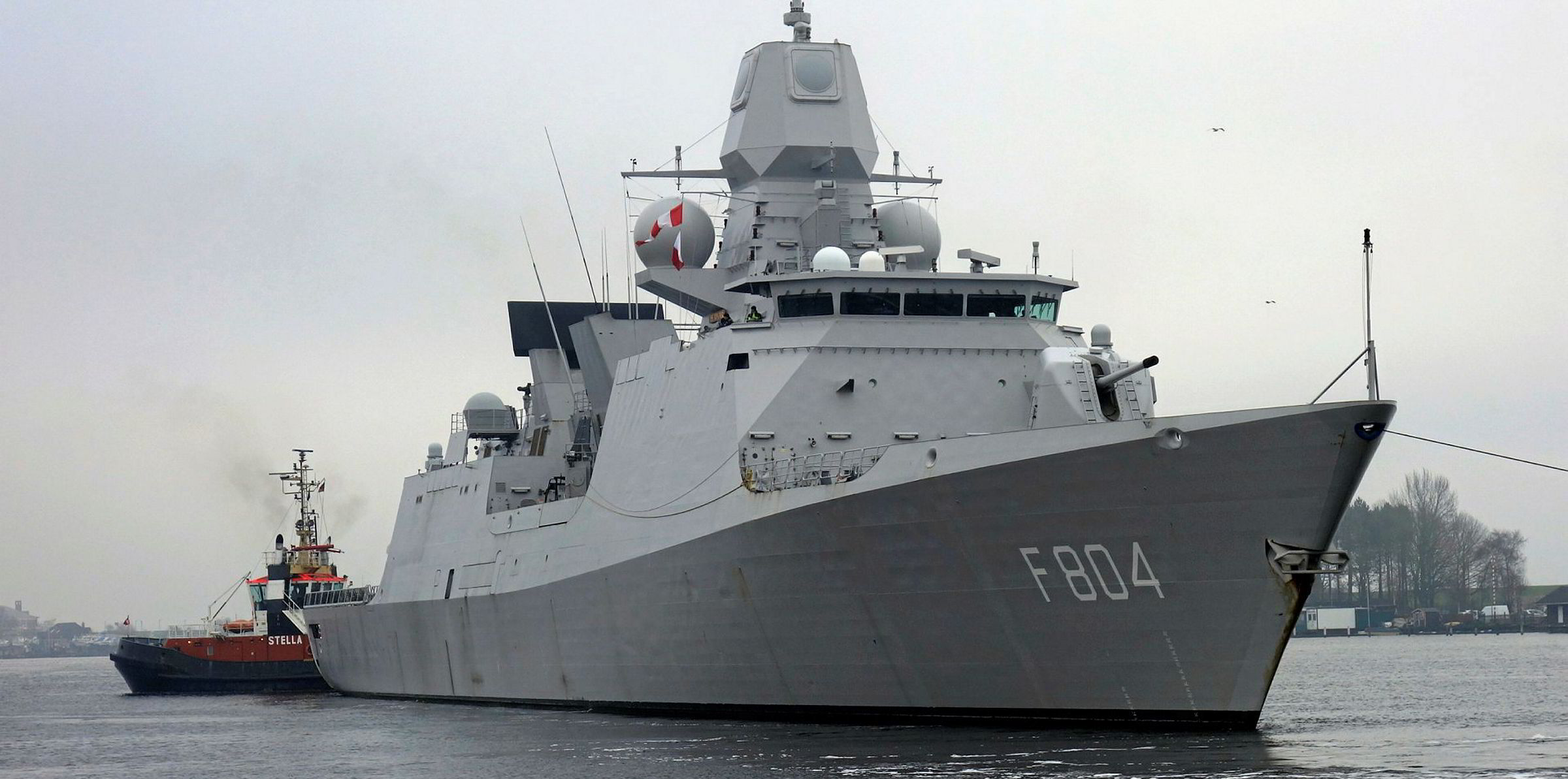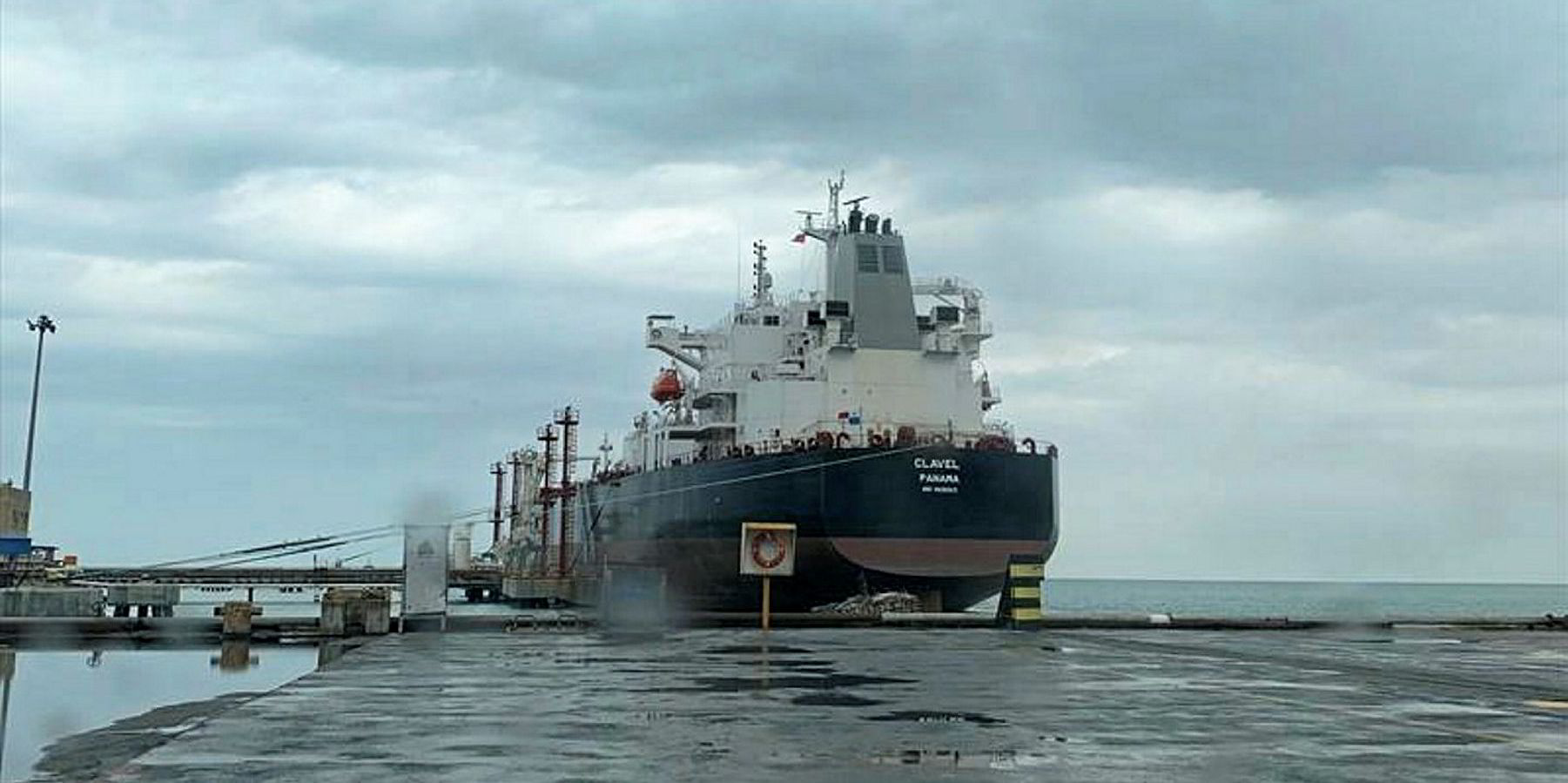Iran has hinted at more fuel shipments to Venezuela as five Iranian tankers are arriving at the crisis-hit South American nation without impediment by the US.
According to various media outlets, Tehran said it would be willing to provide more oil to Venezuela despite Washington’s warnings against the two sanctioned countries.
"Iran practices its free trade rights with Venezuela, and we are ready to send more ships if Caracas demands more supplies from Iran," foreign ministry spokesman Abbas Mousavi said in a press conference on Monday.
His remarks came as the fifth tanker, the 50,100-dwt Clavel (built 2018), was entering the Venezuelan waters.
Data from Kpler showed the 35,200-dwt Forest, Fortune and Faxon (all built 2004) and the 50,100-dwt Petunia (built 2018) had completed discharge operations at Venezuelan ports in the past week.
According to TankerTrackers.com, the vessels were carrying a combined total of 1.53m barrels of gasoline from the Iranian ports of Bandar Abbas port of Shahid Rajaee.
The smaller ships are controlled by National Iranian Tanker Co and the larger ones by Islamic Republic of Iran Shipping Lines. All of them are flagged in Iran.
In mid-May, the US deployed four US warships were deployed in the Caribbean for what the Naval Forces described as “maritime security operations”.
While not intervening on the Iranian tankers, the US turned away two Liberian-flagged, Greek-owned ships carrying Iranian fuel to Venezuela last week, according to the Wall Street Journal.
The US has imposed tough sanctions on the Iranian and Venezuelan oil industry and warned the shipping industry not to facility any trade related to the two countries.
But Iran made the unusual move to openly discuss its fuel shipments to Venezuela, in contrast to its usual practice of keeping shipping operations opaque, according to Dryad Global.
“Iran has thus far taken steps to provide the shipment with a veneer of legitimacy both in international law, and its willingness to conduct the transfer overtly with the full knowledge of the international community and key institutions," the consultancy said.
“The established international legal position is likely to feature heavily in US decision making. There is little legal ambiguity around the legitimacy of Iran trading with Venezuela as an independent sovereign state and accordingly the shipment of product is protected under international law.”
While part of the Opec, Venezuela has experienced a prolonged fuel crisis due to the lack of maintenance of its upstream and refining facilities.
According to Kpler, Venezuelan crude exports fell 455,000 barrels per day (bpd) in May from 666,000 bpd in April, showing the nearly sole source of the country’s revenues continues to be hampered.







